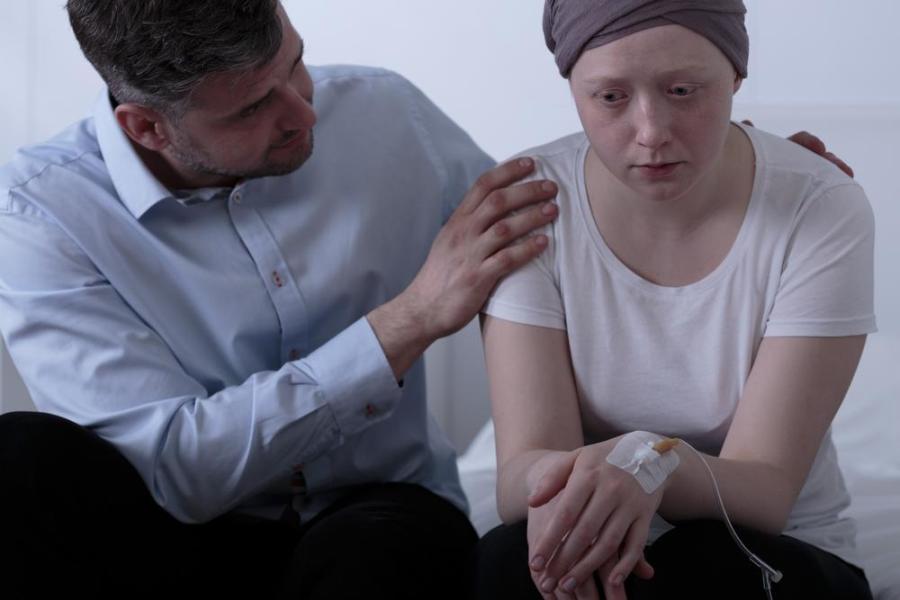
Side Effects of Lung Cancer Treatment
The choice of treatment greatly effects the side effects and prognosis that a patient will experience.
Surgery: Immediately after surgery pain will be the most common side effect, which is why a proper pain treatment plan should be discussed. Occasionally surgery can result in more serious side effects that include excess bleeding, pneumonia, and death. Recovery for lung cancer surgery can vary from weeks to months and generally depends on the health of the individual and their lungs before the surgical procedure was performed. Although invasive, surgery is the best option for early stage NSCLC, but is not effective against more advanced stages.
Radiofrequency ablation (RFA): The side effects for RFA are generally mild and mainly include minor pain. Occasionally, RFA can cause a partial collapse of the lung.
Radiation: The side effects for radiation treatment of NSCLC are similar to radiation treatment for other cancer. They include fatigue, nausea, vomiting, weight loss, and hair loss.
Chemotherapy: Like radiation, chemotherapeutic side effects include hair loss, nausea, vomiting, mouth sores, fatigue, and loss of appetite.
Targeted therapies: The side effects of targeted therapies are similar to chemotherapeutic side effects and include, nausea, vomiting, fatigue, diarrhea, and constipation.
Immunotherapy: Side effects for immunotherapy include fatigue, cough, skin rash, itching, loss of appetite, nausea, and vomiting.




